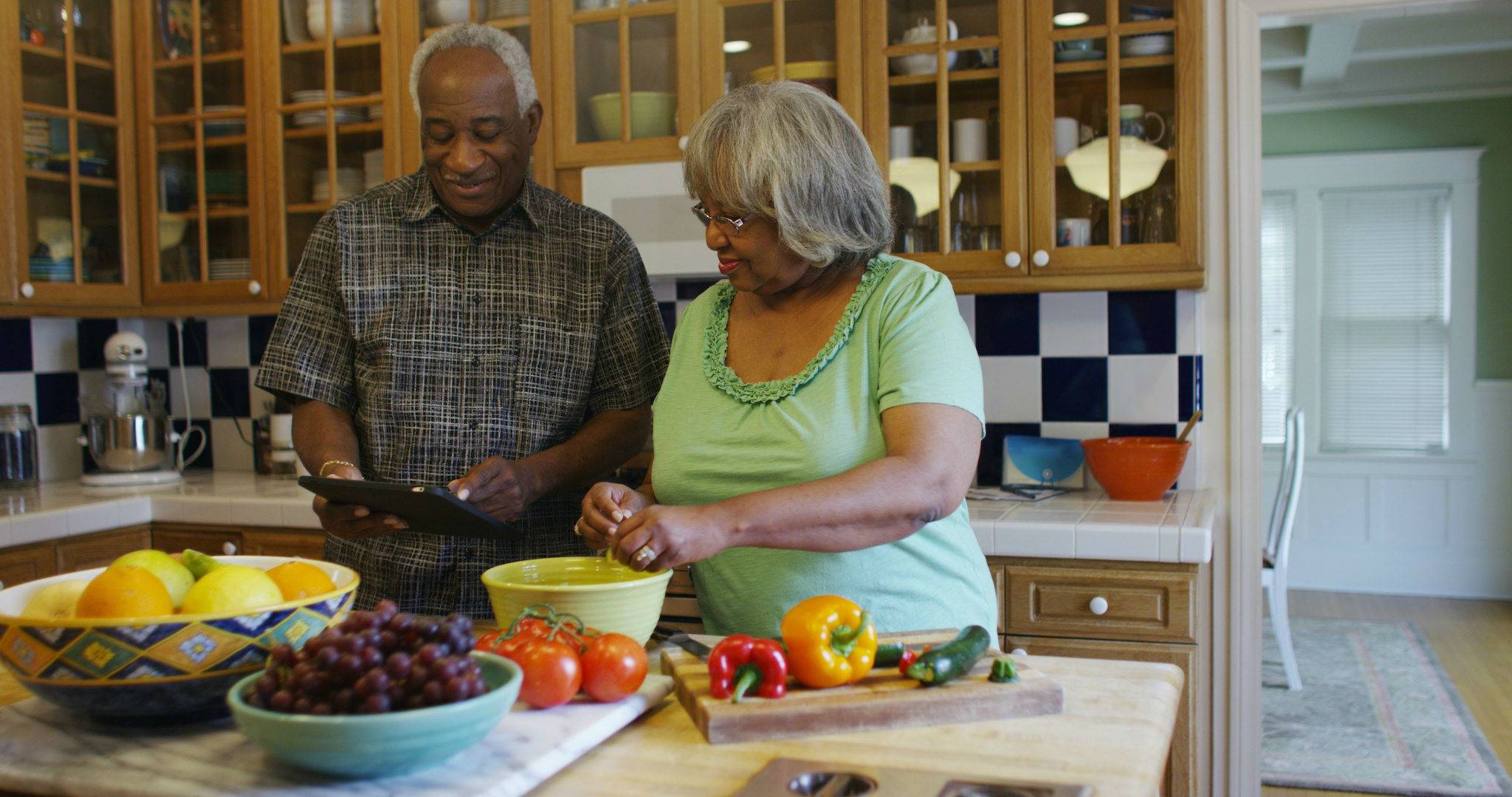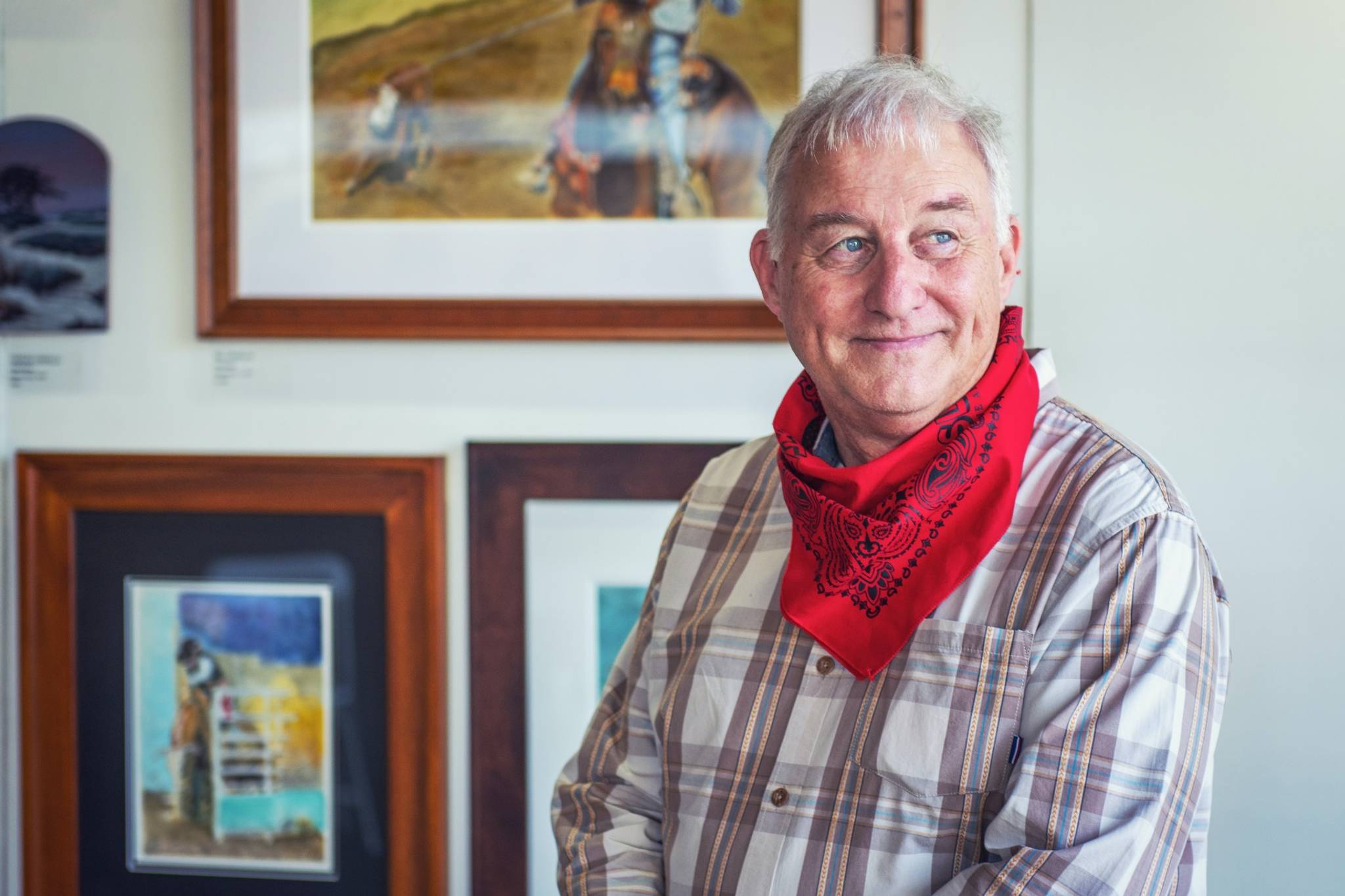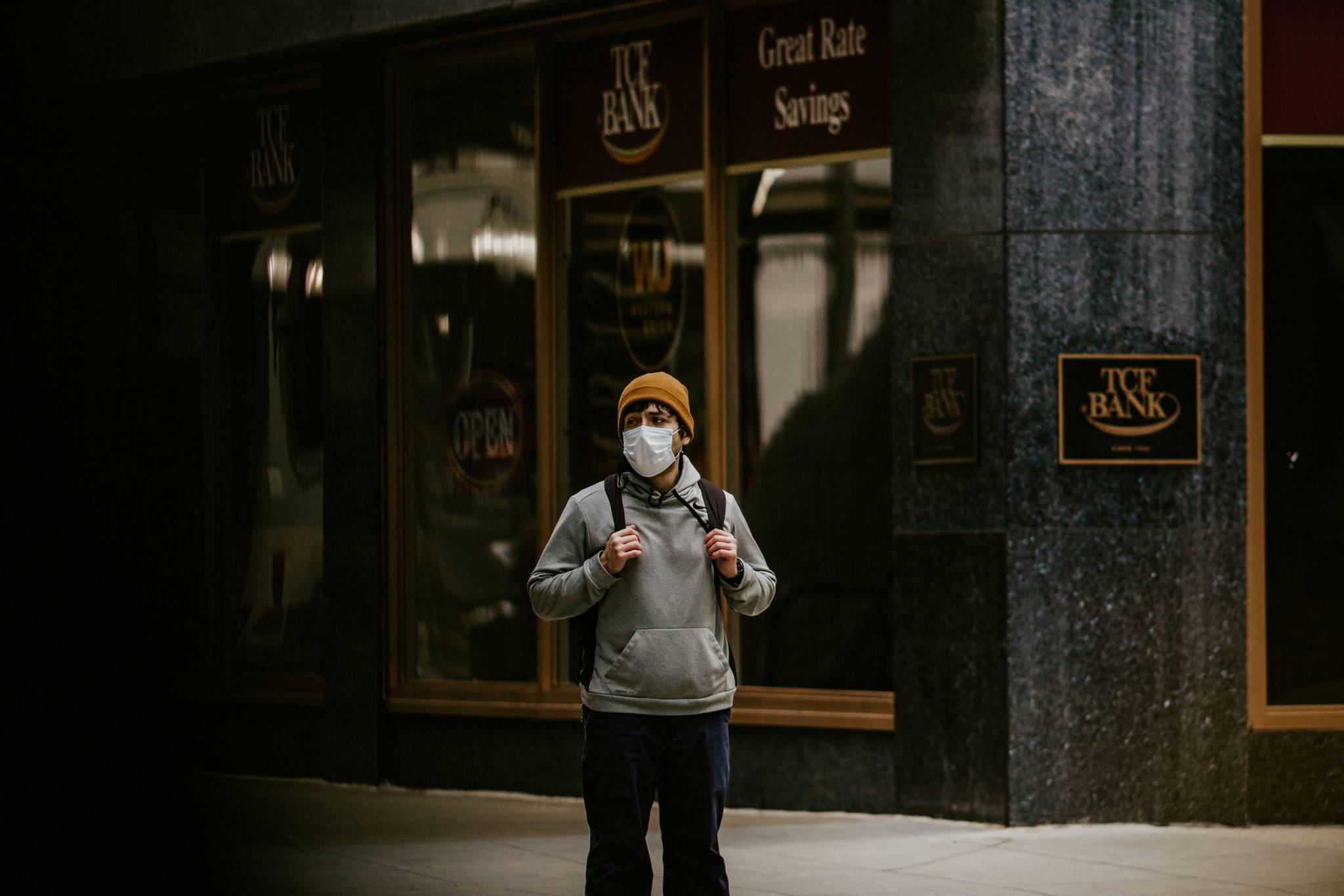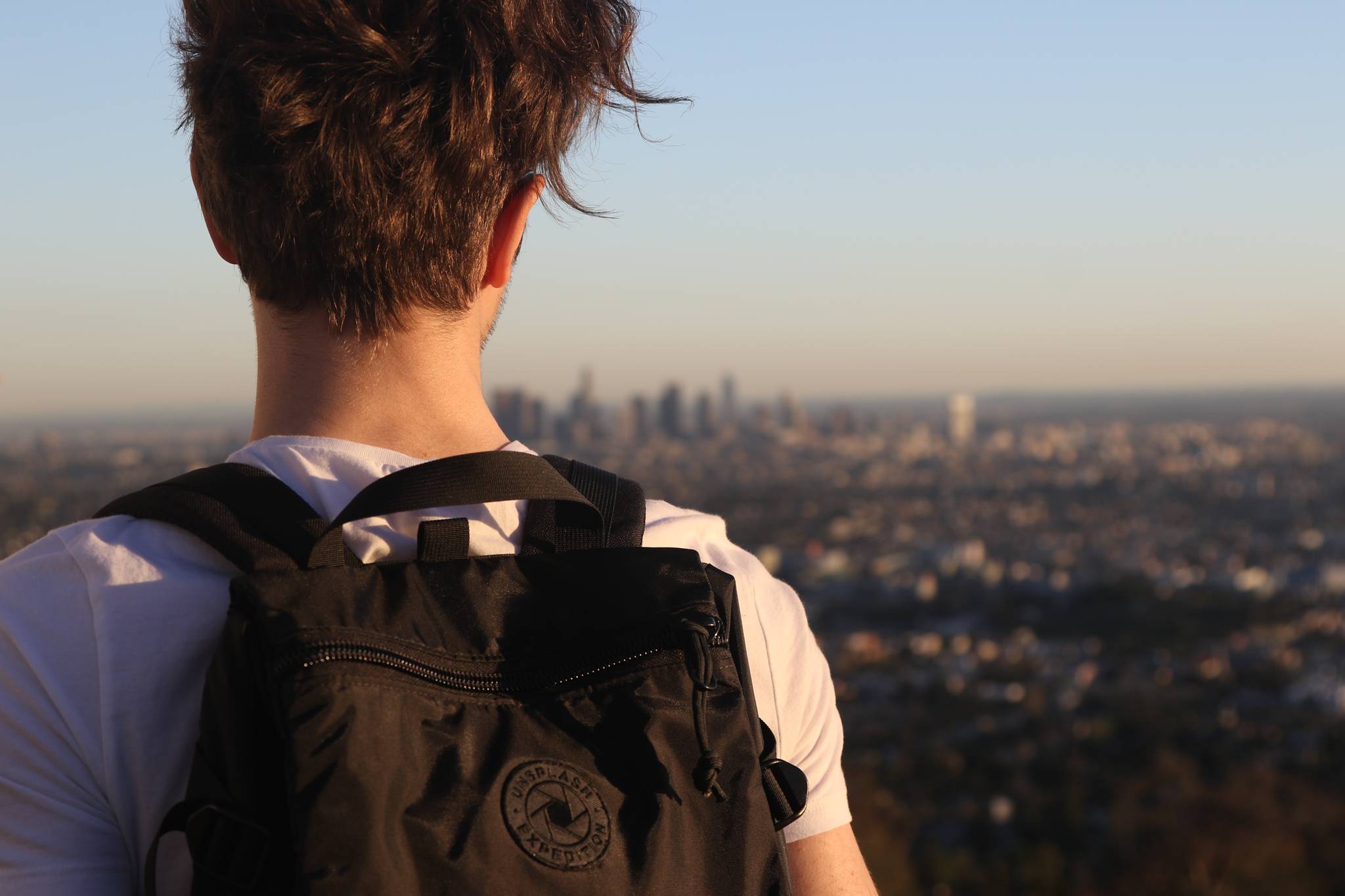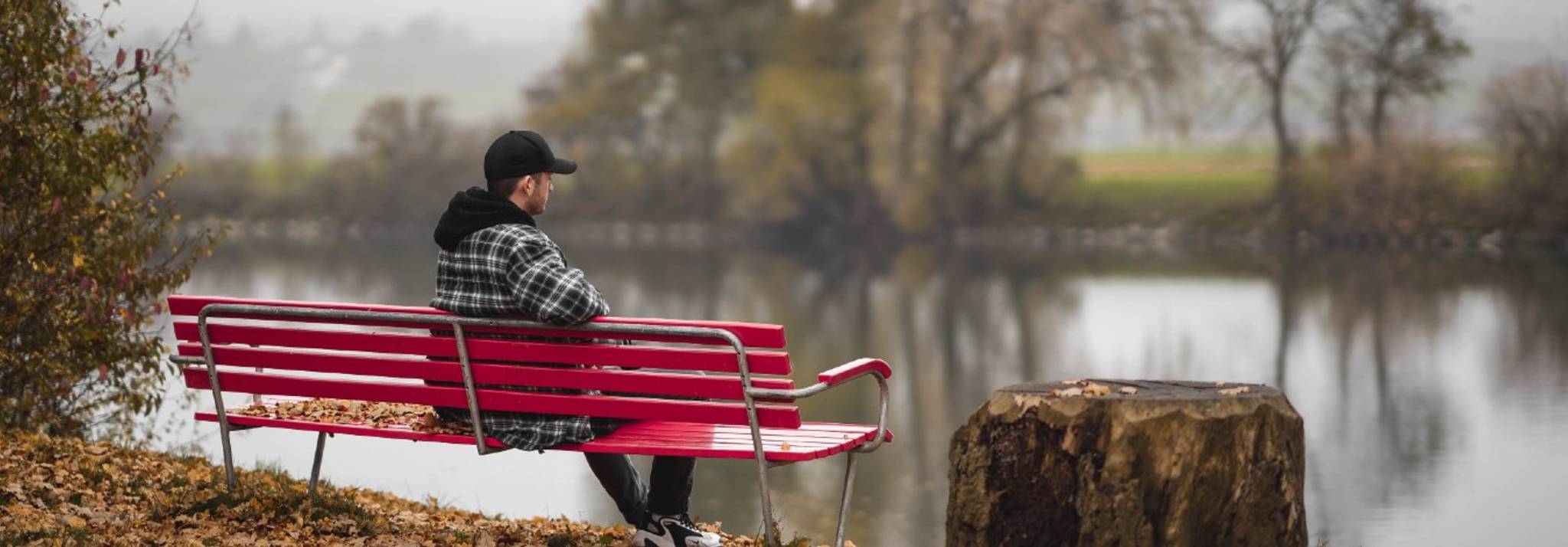
Contrary to popular belief, a study finds that Americans are loneliest in their 20s and least lonely in their 60s, with societal pressures playing a big role. We explore the insights behind this and how brands can teach people to embrace uncertainty in order to combat loneliness.
A study carried out by the University of California, San Diego has looked at the predictors and indicators surrounding loneliness in different age groups. Researchers have found that older generations aren’t as lonely as we often assume. In fact, loneliness levels peaked among people in their 20s, while they were lowest among those in their 60s.
Across all age groups, people considered lonely had lower levels of empathy and compassion, smaller social networks, greater sleep disturbances, and recorded not having a spouse or a partner. Higher anxiety was linked to peaking loneliness in all ages surveyed, except people in their 60s. The research suggests that the stress and pressure that come with life uncertainties are making young people lonely, whereas older people are likely to have a greater sense of control over their lives.
Gen Zers are widely considered the most stressed generation. From school pressures to worrying about the future, there are countless uncertainties facing young people, especially in the pandemic. With reports showing a 41 to 56% surge in social media usage during the COVID-19 period, young people are hyper-aware of each other’s situations.
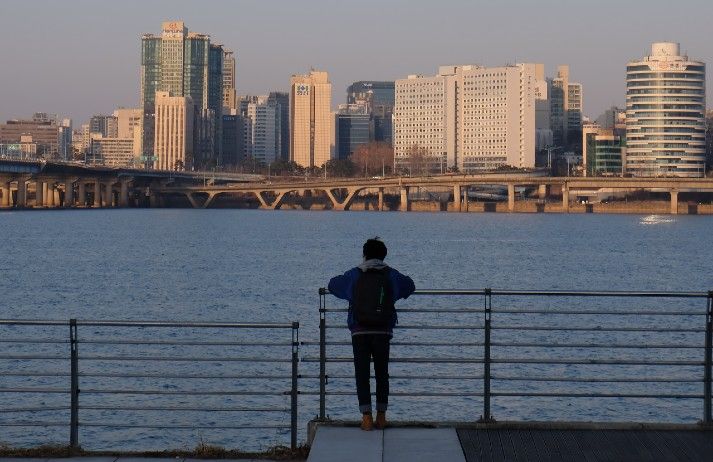
“A lot of people in this decade are also constantly comparing themselves on social media and are concerned about how many likes and followers they have,” says Dr. Tanya Nguyen, assistant clinical professor at UC San Diego. “The lower level of self-efficacy may lead to greater loneliness.” As social distancing mandates continue across the country, brands can encourage younger people to embrace uncertainty and avoid self-comparison in a bid to combat loneliness.
Ope Oduwole is a junior behavioral analyst at Canvas8. He has a BA from the University of Nottingham and leans on the inquisitive nature of his studies. With an avid interest in all things creative, if he’s not at a concert or poetry reading, he’s buried inside a book with a cup of green tea.
